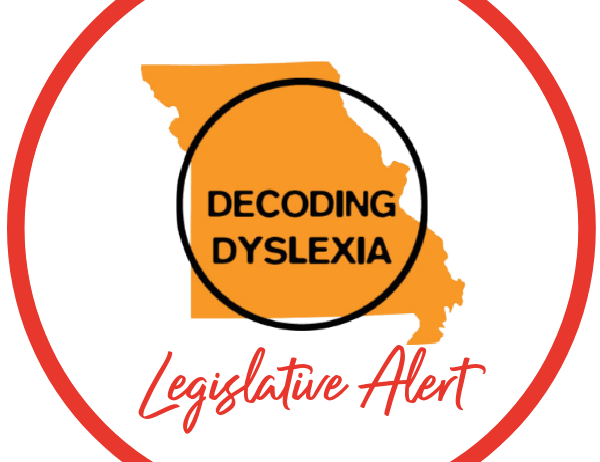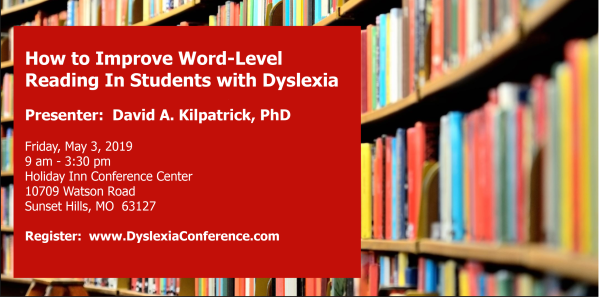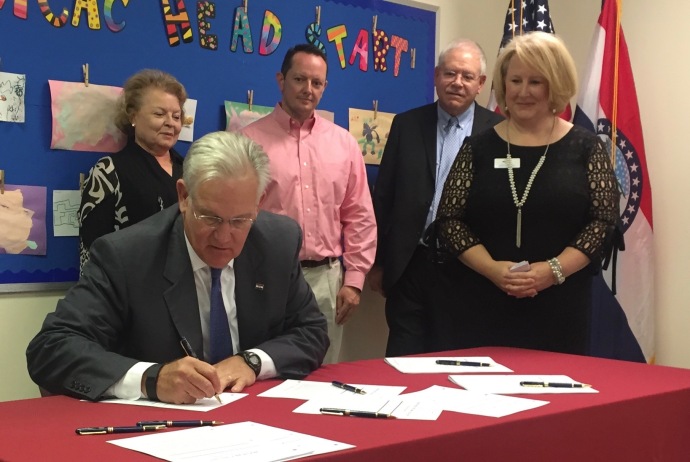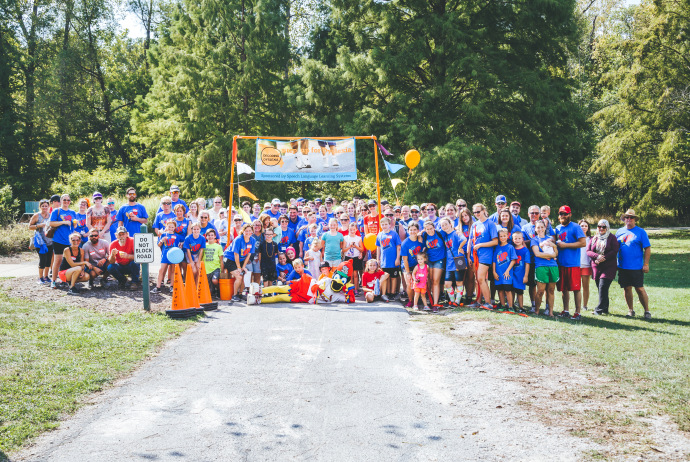Based upon nearly a decade of legislation supported by Decoding Dyslexia MO and other concerned parents and advocates across the state, Missouri’s Department of Elementary and Secondary Education (DESE) has finally announced a literacy plan based upon the Science of Reading. The “Missouri Read, Lead, Exceed” initiative will dedicate nearly $25 million in state funding and $35 million in federal relief funds to support student literacy.
A large portion of the funding will be used to train teachers in the LETRS training through various Regional Professional Development Centers (RPDCs). Developed by renowned literacy experts Dr. Louisa Moats and Dr. Carol Tolman, LETRS earned the International Dyslexia Association’s Accreditation and provides teachers with the skills they need to master the fundamentals of reading instruction—phonological awareness, phonics, fluency, vocabulary, comprehension, writing, and language.
The Department further defines literacy in the new initiative to include this statement: “The Department aligns itself with the evidence-based research of the science of reading. The Department’s priority is having all literacy initiatives, birth through grade 12, be grounded in evidence-based best practices and ensuring Missouri educators are provided with support and resources that uphold this scientific understanding of reading and literacy development”
Additionally: “Past literacy methods have promoted a philosophy of reading that minimized or omitted direct, systematic, and sequential teaching of language structure. Phonics instruction, which focuses on the relationship between individual letters and sounds, was de-emphasized in the past based on the belief that students would naturally learn to read by recognizing words as whole pieces. As understanding of the science of reading evolves, so must practice. Based onMissouri’s student performance data, educators cannot afford to occupy the middle ground. More must be done to ensure literacy growth for all students. When all stakeholders commit to using the science of reading to guide the work, Missouri’s students will be provided the instruction needed to reach reading proficiency targets.”
We hope all districts across the state will embrace this new emphasis on the Science of Reading and acknowledge the benefits that structured literacy (as described above) will play in the development of literacy for all Missouri students.
Read more about the “Missouri Read, Lead, Exceed” program on the DESE website here: https://dese.mo.gov/media/pdf/steps-success-step-1. You can find out more about the LETRS program here: https://louisamoats.wordpress.com/publications-2/.







